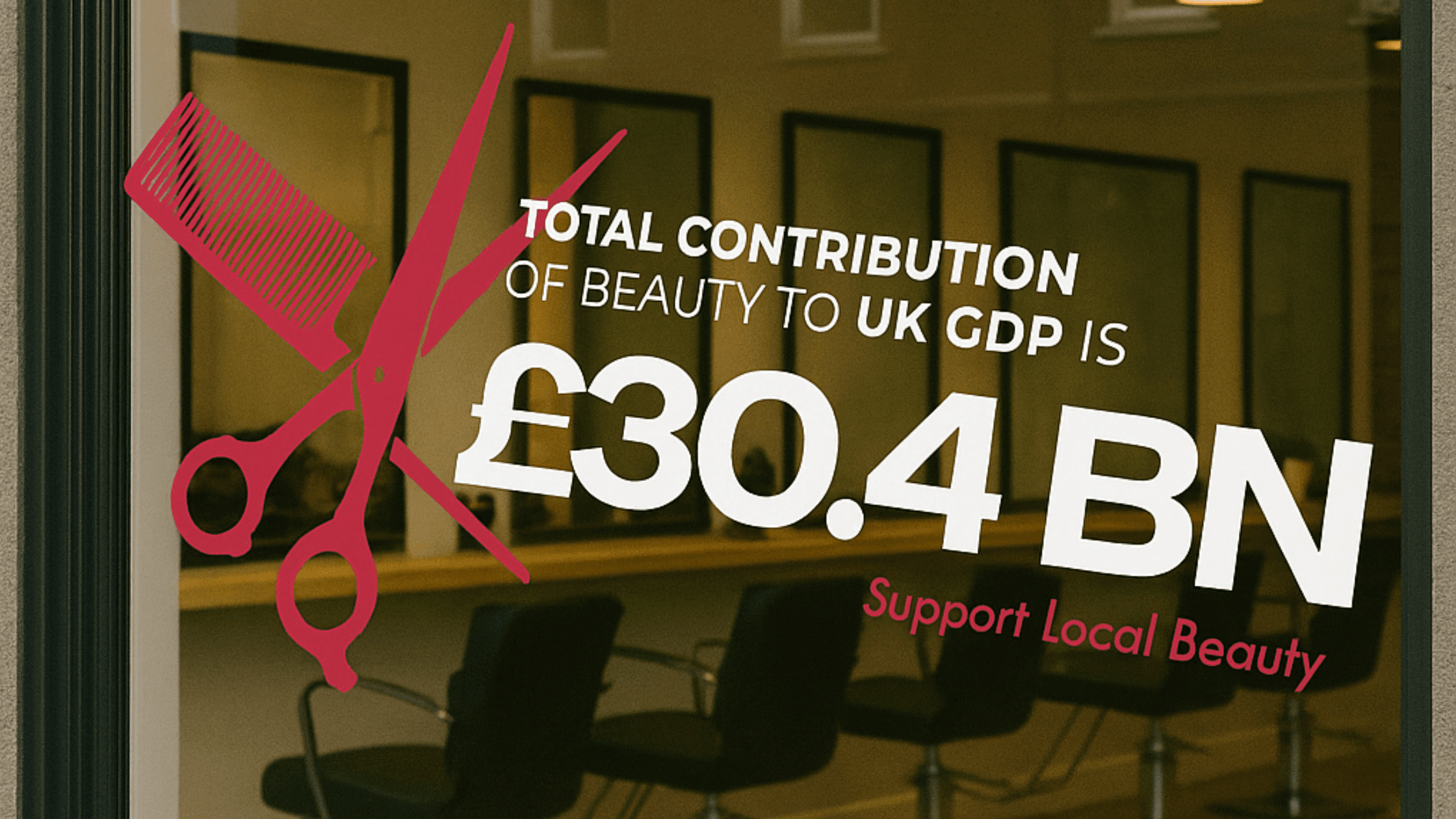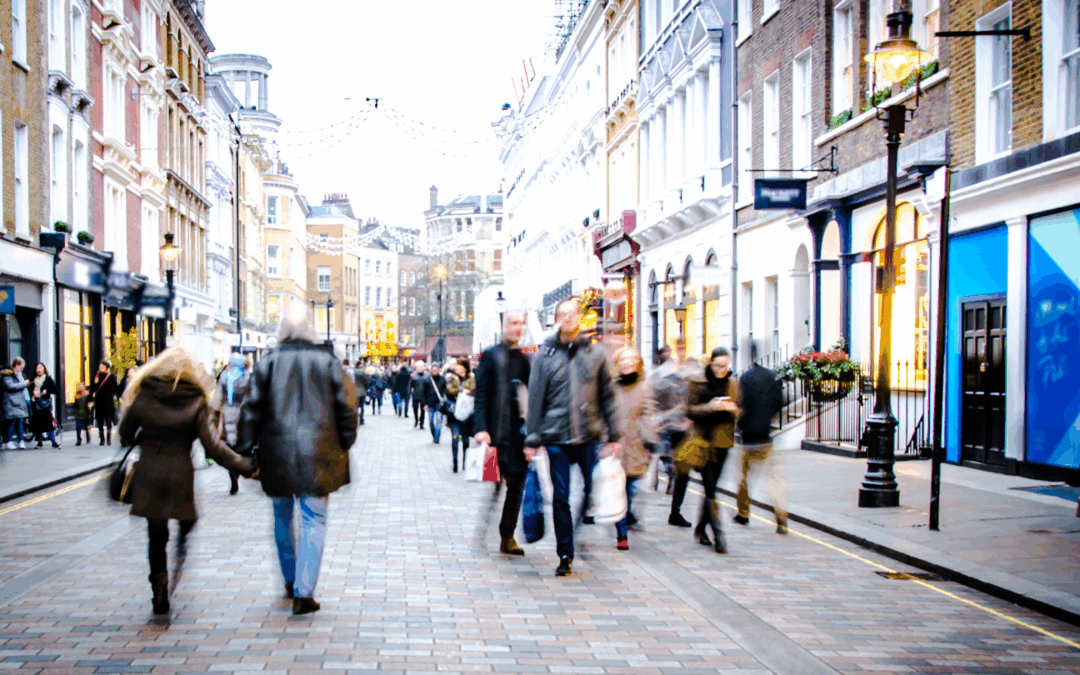The UK Government recently published its Industrial Strategy, Trade Strategy, and Creative Industries Sector Plan. Here’s how beauty could feed into the plans…
Labour’s government strategies set out a clear plan for British business in the years to come. For the UK beauty industry, these plans offer potential pathways for future growth and business development.
The plans are yet to be implemented and with this in mind The British Beauty Council is working across the Department for Business and Trade; Department for Culture, Media and Sport; Department for Science, Innovation & Technology and HM Treasury to ensure the personal care and beauty sector is represented in the rollout.
This is vital work as the beauty industry provides a key contribution across many strategic areas in the Government’s plans:
- Creative Industries: Beauty has deep rooted foundations in the creative industries which has been explicitly recognised as a priority sector in the Industrial Strategy (IS-8). This recognition means the sector is set to receive dedicated support and investment in order to generate significant growth. This includes a commitment to increased venture capital from the British Business Banks, which could offer crucial capital for beauty’s product developers and service providers.
- Digital Technology: Beauty is a rapid adopter of e-commerce, AI, and AR for personalised services, innovation and efficient operations. “Createch” initiatives (where creativity and tech cross over) and digital skills development are vital for beauty’s tech-forward approach and both have been identified as focus points within the government’s strategies.
- Intellectual Property (IP): The government aims to deliver an IP regime that protects and unlocks the value of creative content. There is no denying that the beauty industry, with its unique product formulations, branding, and marketing campaigns could significantly benefit from stronger IP protection.
- Advanced Manufacturing: Beauty product manufacturing links directly to advanced processes – from its use of innovative technologies to its strong reputation in product quality. The plans highlight the government’s renewed efforts to strengthen supply chains and support technology adoption in manufacturing which will be crucial for the industry’s development. The plans also make a specified commitment to decarbonisation and sustainable practices within advanced manufacturing could also align with the beauty sector’s drive to reduce its environmental footprint.
The British Beauty Council will be looking to feed into government activity whilst also focussing on:
- Targeted Export Strategy and Investment: Trade barriers and global uncertainty continue to significantly impact the beauty industry. According to the most recent Value of Beauty report, exports have been falling 5.9% year-on-year since Brexit. So, the Council is calling for simplified export processes, strong tariff negotiation, mutual recognition of qualifications, and targeted trade promotion to help British beauty brands navigate global markets.
- Revitalising High Streets: As a cornerstone of local high streets, the beauty industry faces challenges including rising overheads and outdated tax policies that hinder business growth. The organisation believes that a comprehensive trade strategy must re-evaluate business rates and provide tailored support and rates.
With this work spanning a five-to-ten year implementation period, the British Beauty Council will continue to feed in key industry asks in order to push for new legislation to be inclusive of beauty and its challenges.
You can read the Trade Strategy here and the Industrial Strategy here.




